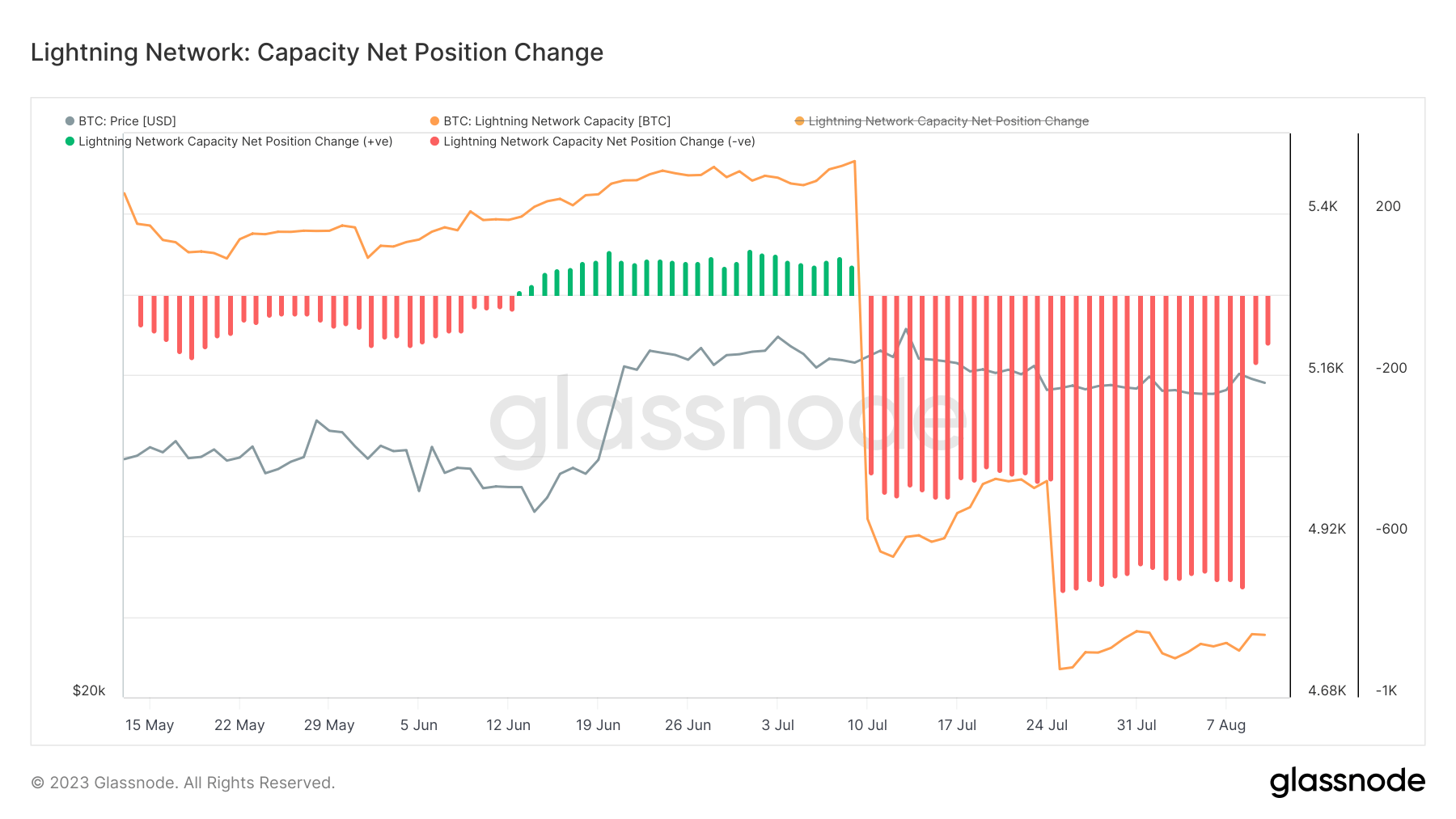European Parliament approves controversial Data Act, which may require kill switches on smart contracts
The European Parliament said on Nov. 9 that it has voted in favor of a Data Act that will set out rules in various areas, including smart contract development.
The current announcement says that the act has been adopted with 481 votes in favor and 31 votes against, with 71 abstaining votes. The act now needs to gain formal approval from the European Council in order to become law.
The current press release does not describe the Data Act’s possible effects on the blockchain sector. However, the Data Act itself sets out various “essential requirements regarding smart contracts for data sharing” in Article 30 of its text.
Smart contract rules are controversial
Certain crypto industry members have objected to the Data Act’s potentially far-reaching requirements. The European Crypto Initiative (ECI), for example, has asserted that the act could make developers and deployers of smart contracts responsible for complying with requirements even if they do not have any means of doing so.
It has also criticized the Data Act’s demand for a means to safely terminate or interrupt smart contracts — a requirement that has been described elsewhere as a “kill switch.” The ECI said that blockchain-based smart contracts are designed to avoid the possibility of termination, noting that any means of terminating a contract would introduce a single point of failure and would add exploit risks. Similarly, it objected to any rule that would bar developers from creating immutable smart contracts.
Additionally, it objected to a section of the Act that seemingly draws an equivalency between smart contracts and legal contracts and a section that would require smart contracts to handle data in line with rules around the protection of trade secrets.
Despite the extensive rules that the Data Act could eventually introduce, it is unclear how EU government agencies might enforce those rules. Regardless, overly strict rules could incentivize European blockchain companies to relocate.




